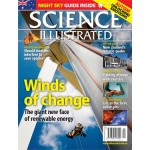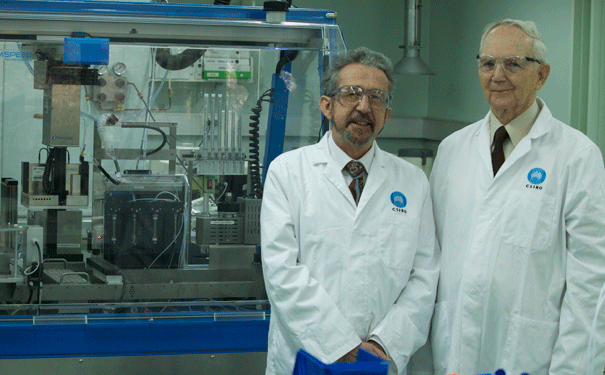
Professor Ezio Riccardo and David Solomon, two of this year's winners. Credit: Prime Minister's Science Prizes/Bearcage
The Prime Minister’s Prizes for Science winners for 2011 have been announced.
The Prime Minister’s Prizes for Science recognise the contributions of Australian scientists to the world’s economic and social well-being. They also pay tribute to the science teachers who have encouraged an interest in science in their students.
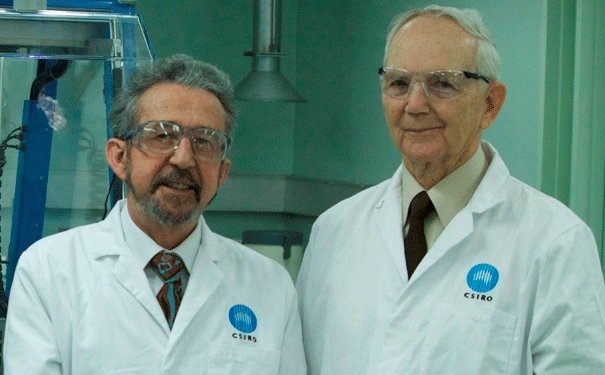
Professors Ezio Riccardo and David Solomon. Credit: Prime Minister's Science Prizes/Bearcage
Changing the world one molecule at a time.
Professor Ezio Rizzardo from CSIRO and Professor David Solomon from the University of Melbourne have jointly received the Prime Minister’s Prize for Science for their work in polymer science. The two researchers have used organic chemistry to devise a means of custom building plastics by using nitroxide to control the polymerisaton processs.
This enabled them to control the structure, composition and properties of polymers that are used in computers, adhesives, tyres, paints and hundreds of other products from our everyday lives. Their processes are used in the laboratories and factories of over 60 companies, including IBM and Dulux, and in most university chemistry departments.
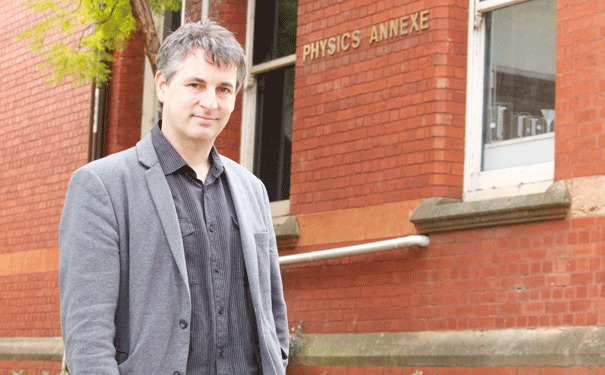
Professor Stuart Wyithe. Credit: Prime Minister's Science Prizes/Bearcage
How did the Universe light up ““ filling a billion years of cosmic history.
The Prize for Physical Scientist of the year went to Professor Stuart Wyithe, a theoretical physicist from the University of Melbourne, for his work in the development of the next generation of telescopes. His research aims to answer questions about what happened during the Universe’s billion-year Dark Age, which occurred 300,000 years after the Big Bang.
“Astronomy is all about trying to understand how the Universe came to look the way it does, as well as how it works. What’s not understood is how the galaxies themselves formed. This is inexorably linked with the transition from a Universe of cold, uncharged, atomic hydrogen to being ionised and hot,” said Professor Wyithe in the press release.
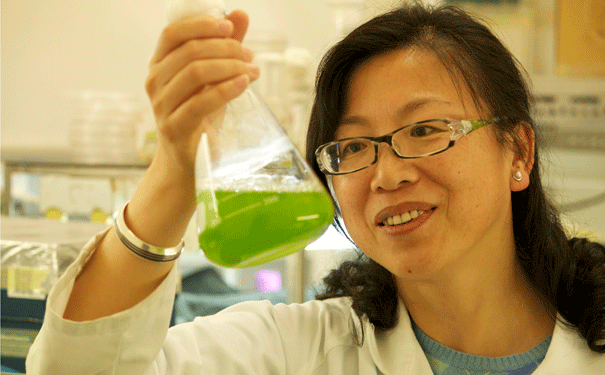
Associate Professor Min Chen. Credit: Prime Minister's Science Prizes/Bearcage
The first new chlorophyll in 67 years.
Associate Professor Min Chen from the University of Sydney has won the Science Minister’s Prize for Life Scientist of the year for her discovery of a new form of chlorophyll. She was actually looking for the known chlorophyll d when she discovered chlorophyll f in the stromatolites of Shark Bay.
“Finding the new chlorophyll was totally unexpected — it was one of those serendipitous moments of scientific discovery,” Associate Professor Chen said in the press release. The new chlorophyll has not only rewritten textbooks, but is predicted to have important applications in agricultural and bioenergy systems.
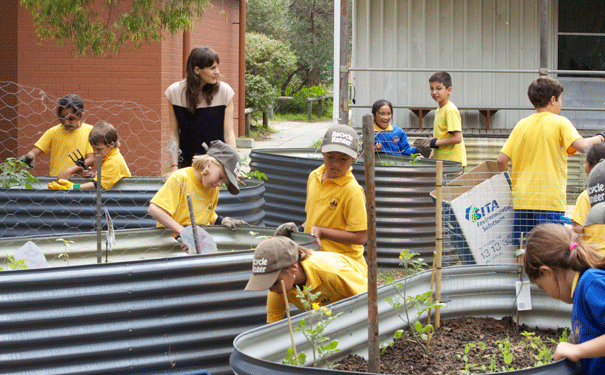
Mrs Brooke Topelberg and her students. Credit: Prime Minister's Science Prizes/Bearcage
Puppets break the science language barrier.
Mrs Brooke Topelberg, science coordinator of Westminster Primary School in Western Australia, has won the Prime Minister’s Prize for Excellence in Science Teaching in Primary Schools, for her work in using puppets to bring science to migrant children. She has also integrated science with other learning areas, using projects including recycling resources and a school vegetable garden, to create a whole-school approach.
The puppets allow her to teach science in a non-confrontational way, where the children don’t feel under pressure to use the right language. “They’re not scared or threatened about giving their views or opinions. They don’t feel there’s an adult around,” Mrs Topelberg said in the press release.
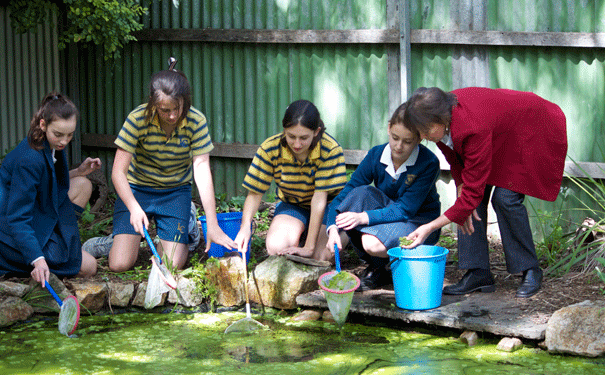
Dr Jane Wright and her students. Credit: Prime Minister's Science Prizes/Bearcage
A part of her students’ lives.
The Prime Minister’s Prize for Excellence in Science Teaching in Secondary Schools has gone to Dr Jane Wright, science coordinator at Loreto College in South Australia, for her work in developing curriculum, teachers and a generation of young women. She coordinates the curriculum design and delivery for General Science in Years six to 10 and biology, scientific studies, physics, chemistry and psychology in senior years.
As a result, her students are investigating the antibiotic effects of Manuka honey and extra-sensory perception, and those studying for their drivers’ licences are measuring the speed and braking of cars along Adelaide’s roads. “It’s not just about teaching the students science, it’s actually being part of their lives,” she said in the press release.



